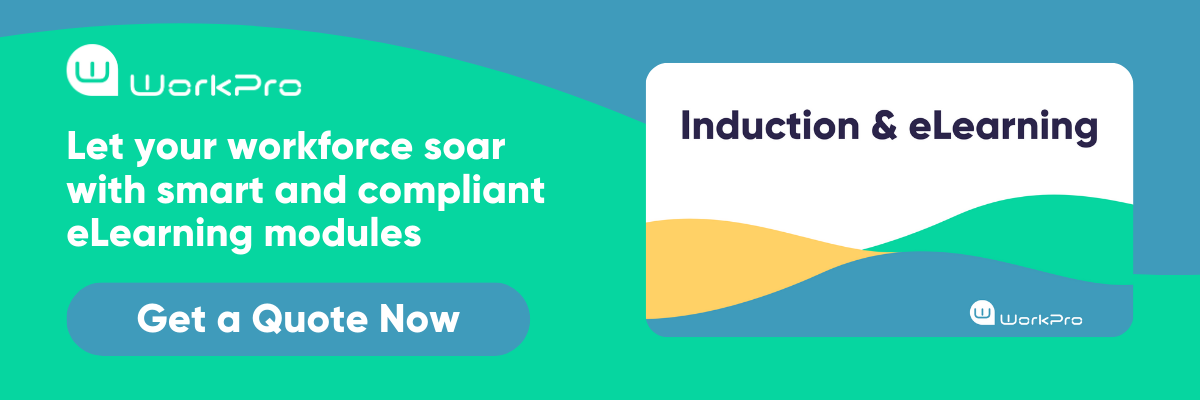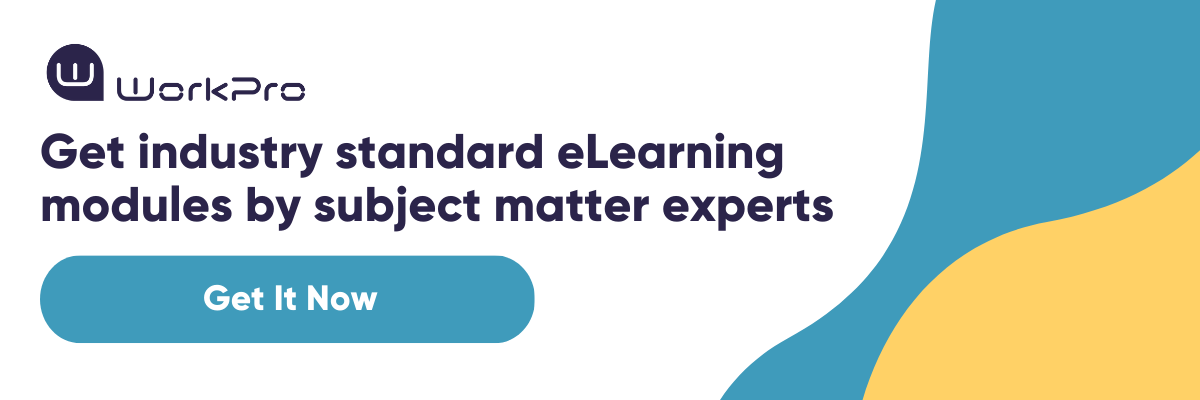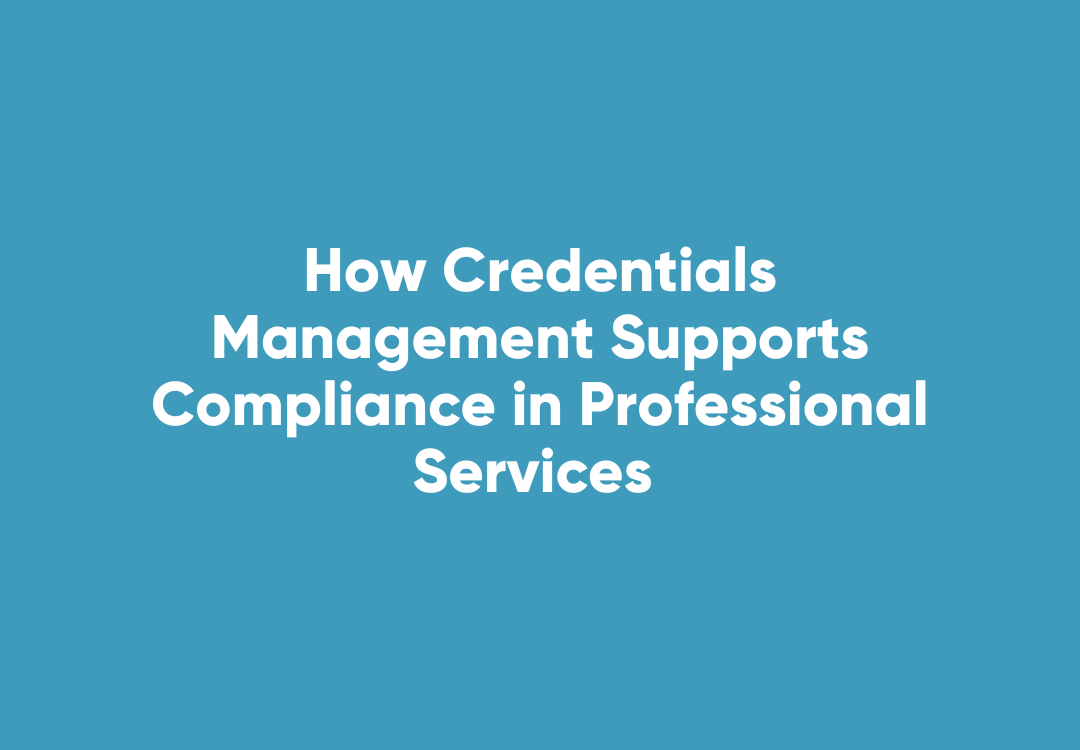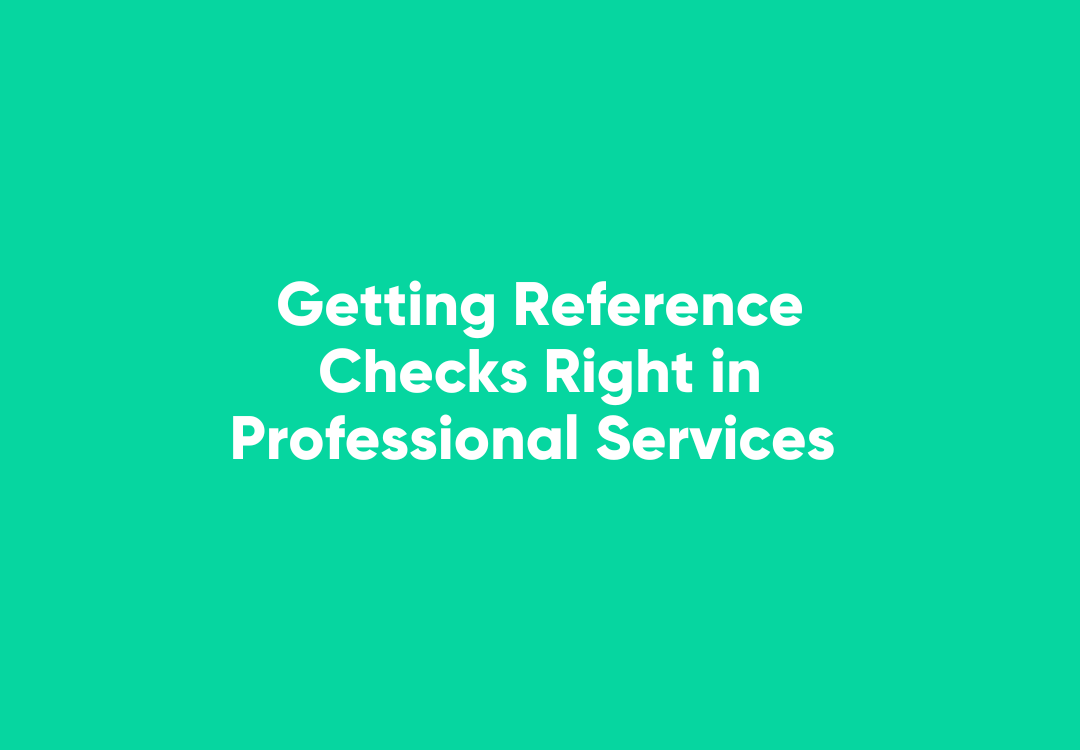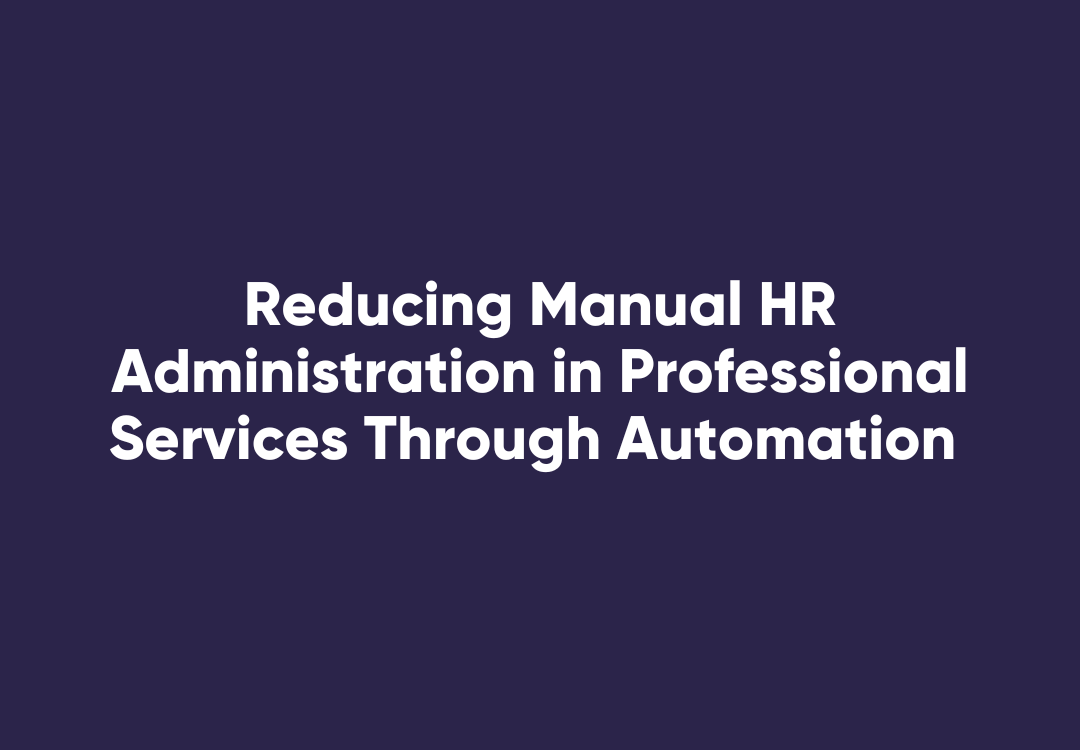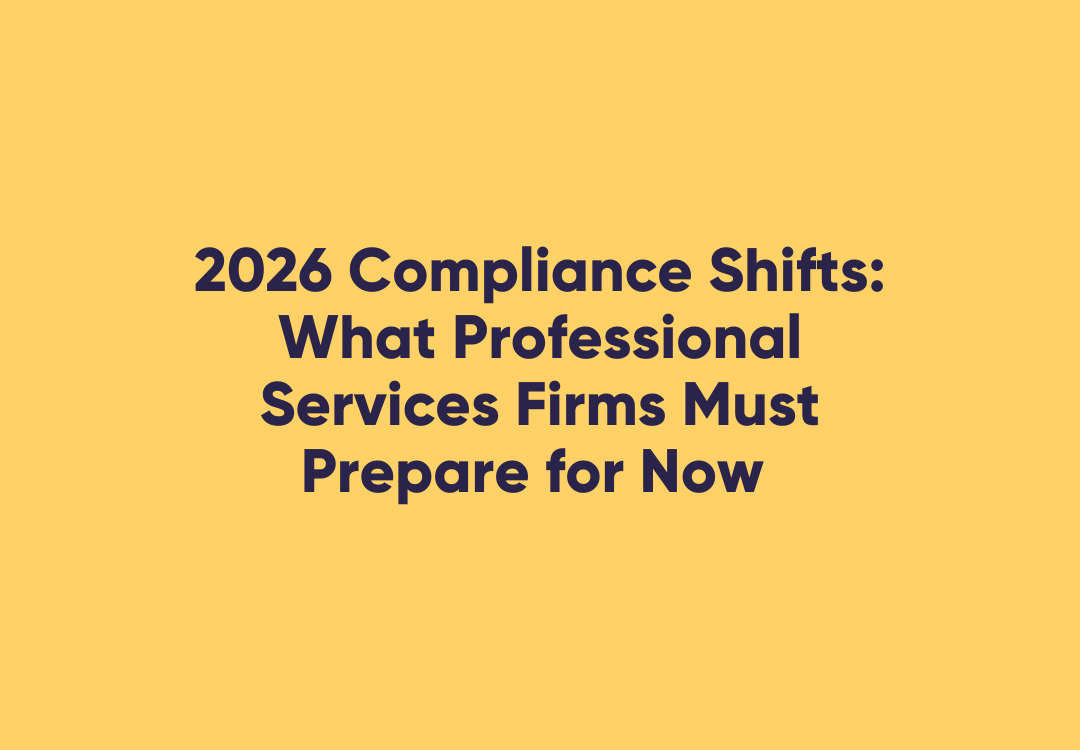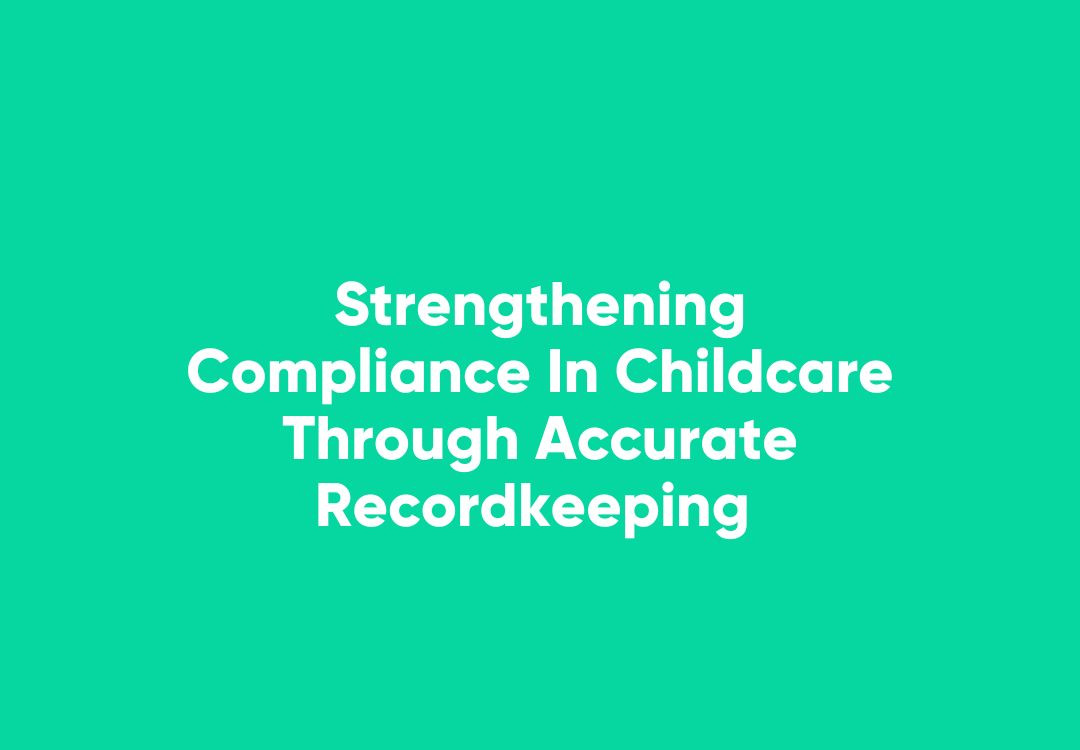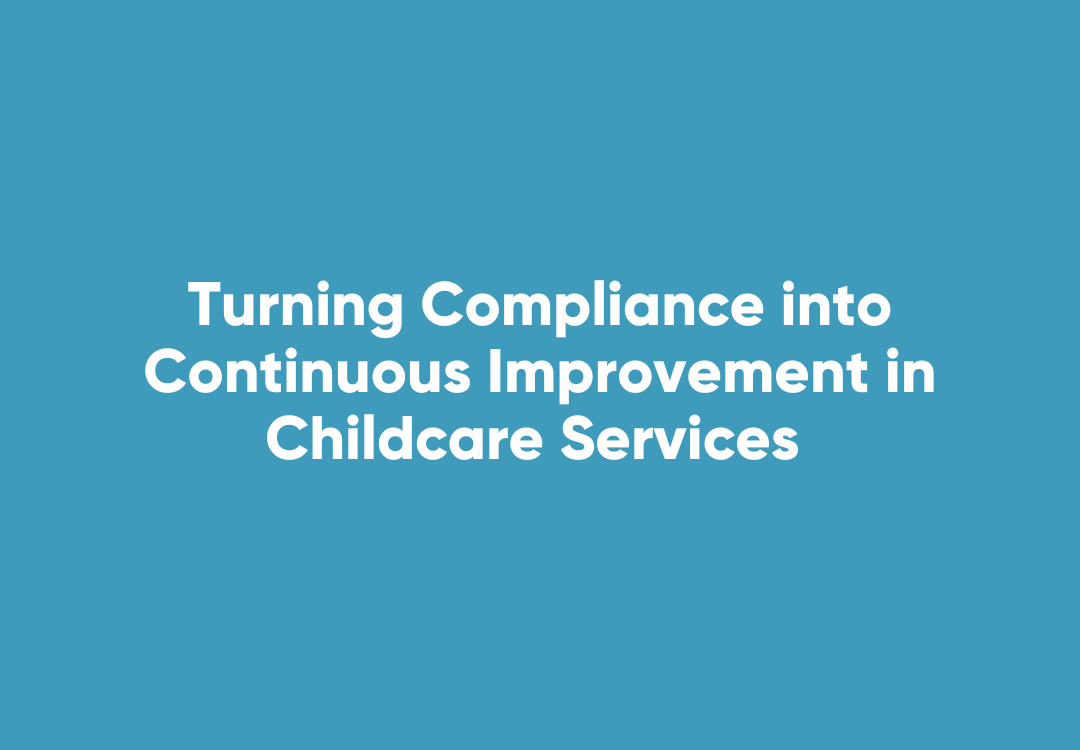How To Respond To Workplace Bullying
When considering your organisation’s workplace health and safety policies, it can be easy to focus on the most visible dangers – risk of injury or illness to your workers – and neglect some of the easily overlooked issues.
Workplace bullying is one such concern, an issue that is estimated to cost the Australian economy between $6 billion and $36 billion every year. Available statistics indicate that the number of Australian workers that have been bullied at work is currently somewhere between 6.8% and 15%, although many commentators think the figure is much higher at between 22% and 33% due to the fact that so many incidents go unreported.
Addressing this issue is crucial and organisations need to ensure it is treated seriously, with empathy, and spend time outlining policies in the workplace health and safety induction phase.
Identifying Workplace Bullying
Research from mental health advocacy group Beyond Blue found that one in five Australians have taken time off work over the last 12 months because of depression, anxiety and stress. Conditions that are very commonly associated with workplace bullying.
Employers are advised to pay close attention to any members of their team taking regular or extended leave, and subtly monitor their interactions with colleagues – of course showing all the compassion required.
Harassment in the office can take many forms, but the Fair Work Ombudsman outlines the following examples of bullying behaviour:
- Aggressive behaviour.
- Jokes or teasing at the expense of others.
- Pressuring others into inappropriate behaviour.
- Exclusion from work-related social events.
- Making unreasonable work demands.
Should any of the above behaviours seem to be present in your office, perhaps it’s time to conduct further investigation into workplace bullying. So, what should your next step be and how will you handle bullying in your workplace?
Handling Allegations of Workplace Bullying
Whether brought to your attention by an employee or noticed on your own, all potential incidents of workplace bullying need to be addressed quickly and comprehensively.
Safe Work Australia suggests interim measures should be taken to minimise the risk to health or safety – such as temporarily reassigning tasks to keep the parties involved separated while further inquiries are made. Having a clear understanding of the situation is essential before any further measures are taken.
Speaking to the people directly involved is the best course of action, however it’s possible they will be reluctant to discuss the issue, so seek out close colleagues who may also be concerned. A safe working environment is obviously best for everyone, so outlining clear workplace bullying policies is an essential element of employee onboarding and WHS induction.
Ongoing bullying awareness and prevention training should also be considered, reinforcing compliance with policy and procedures and ensuring all members of the organisation are protected.


